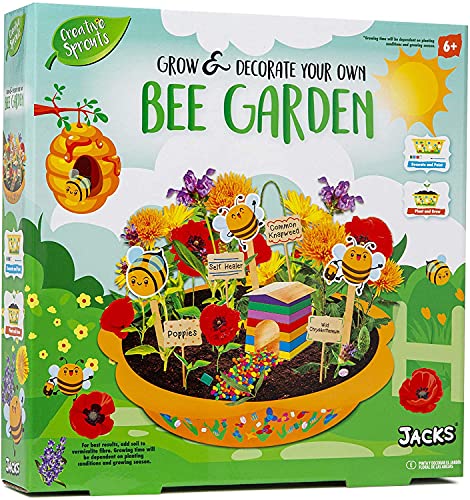been able to send bees to Canada for nearly 20 years
There used to be - maybe still is - a fashion in Canada to terminate colonies at summer's end and buy packages in spring to start anew. Fair enough: saves the hard work of getting colonies through severe winters, saves money, saves labour.
In response, a package industry developed - Florida comes to mind - to supply Canadian beekeepers the necessary, and it's clear that Aus beefarmers also saw a business opportunity to complement a practical (but ethically dubious) style of beekeeping.
UK beekeepers are quite a different proposition: nearly all amateur & with a love of nature, most keeping bees without the need to make them pay, many with a post-Brexit suspicion of imported anything, let alone honeybees.
The UK agri authorities agreed, banning the import of nucs & packages from Europe when the Brexit gates closed.
These two markets - UK & Canada - are sufficiently different and ought to persuade an Australian number-cruncher to think again about the viability of such a plan, but even if it were so, the environmental impact of transporting bees across the globe should make it (in my view) a non-starter.
We're in a different world than we were when packages were first flown from Western Australia to Canada, a time when no real concern had been given to carbon miles or global warming.
Compare this proposal with the global export of manuka, a honey which has been over-promoted and faked and has entered the average mind as worth the extra charged. Medical-grade manuka, I agree, is a fine and effective product, but at market here in North London, when asked for manuka (as if!) I give customers the unavoidable: no matter how good you believe manuka to be, do you think importation is justifiable, given the impact 3,500 carbon miles to do so will have on our environment?
The inescapable answer is obvious and usually leads to a conversation about local food, the health consequences of cheap food, food authenticity and the value we (mis)place on food.
The import of package bees 3,500 miles distant is no different: it can be done, but should it? We all have a small part to play in reducing global human impact, and in that context, the unnecessary import of honey bees would instead throw another lump of coal on the fire of environmental catastrophe.



















































